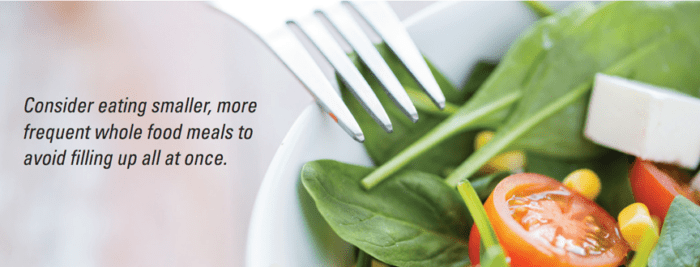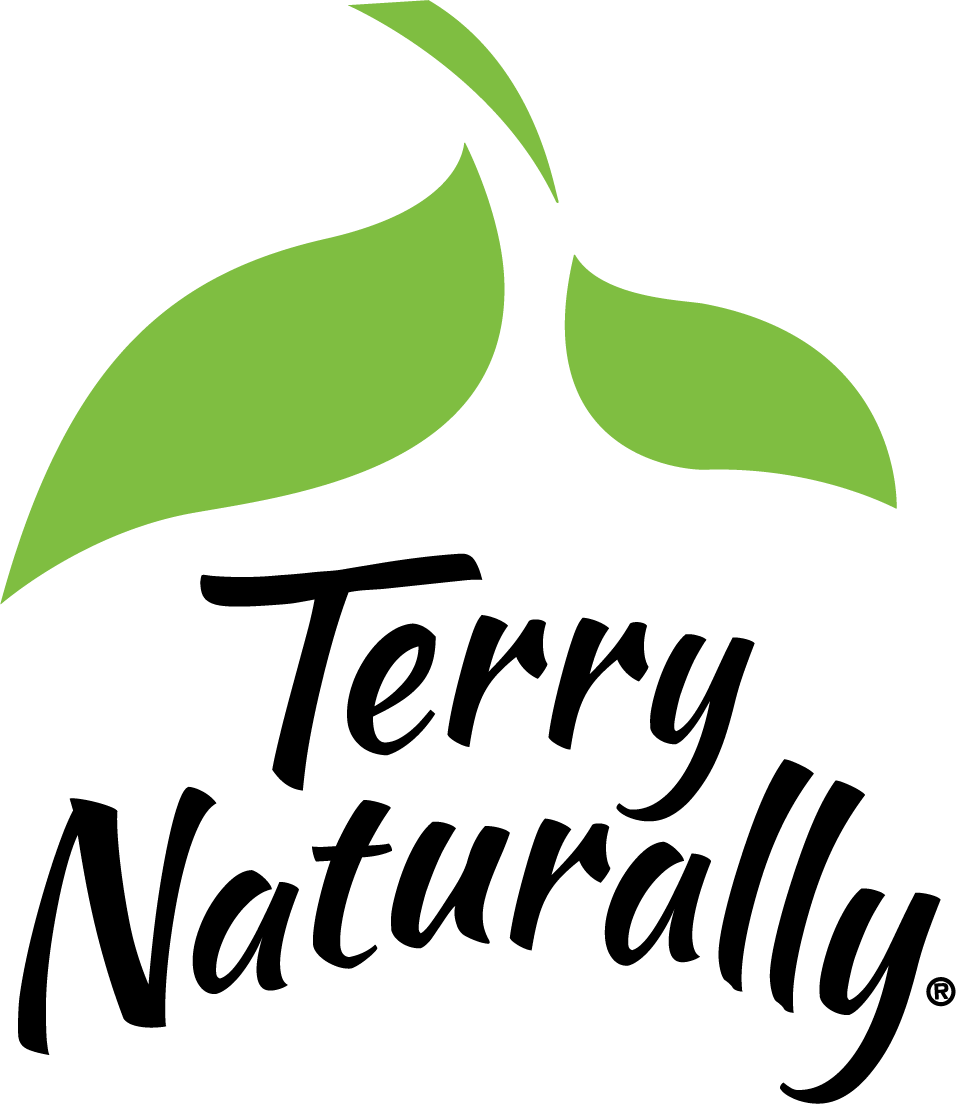Fortunately, there is a combination of botanical ingredients that fights heartburn naturally and safely, but doesn’t interfere with your normal digestion. Together, d-limonene and sea buckthorn berry and seed oil will:
- Stop the fire of heartburn pain – FAST!
- Protect the stomach, esophagus, and intestinal lining
- Provide long-lasting relief
- Prevent heartburn and GERD from recurring
Usually, the first thing a person does to stop the pain of heartburn is reach for a couple of antacids. It’s almost a trained response; we’ve all seen the commercials on TV telling us why stomach acid is bad, and the best thing to do is quell it as quickly and strongly as possible.
But that’s actually a bad idea.
The fact is, we need stomach acid. And, for anyone suffering from heartburn or gastroesophageal reflux disease (GERD), there are natural ingredients that can stop the burn and soothe the digestive system without playing a trick on the way we’re supposed to digest food. Fortunately, there is a great combination of botanical ingredients that stop heartburn and GERD without compromising your health. We’ll take a look at both in this Terry Talks Nutrition.
What causes the fire?
While it isn’t life-threatening, the pain from heartburn can be so severe that sometimes people mistake it for a heart attack. The “burn” is caused by stomach acids overflowing from the stomach into the esophagus. Usually, the one-way valve (called the lower esophageal sphincter) that allows food to enter the stomach but keeps the stomach contents from coming back up opens when it shouldn’t, or doesn’t close properly. The digestive juices in the stomach are very acidic, and when they touch the unprotected lining of the esophagus it causes the characteristic “burn” of heartburn.
Of course, heartburn is one thing, but gastroesophageal reflux disease (GERD) is another, more serious condition. When stomach acid repeatedly washes up into the delicate structures of the esophagus it causes real damage over time, damaging the mucosal lining – possibly leading to ulcers. People with GERD may have other symptoms as well, including coughing, wheezing and regurgitation of food. And unfortunately, the billion dollars a year that Americans spend for antacid products to treat their heartburn not only won’t help – they are probably making the problem worse instead of better!
Stomach acid is Not the enemy.
While many manufacturers sell the public on products that reduce stomach acid as a way to treat heartburn, these products are not the solution. Although they may – temporarily – stop the pain of heartburn, interfering with the body’s production of stomach acid not only won’t help with heartburn problems in the long term, you may find they cause a whole new set of problems as well.
Here’s why:
Normally, when the contents of the stomach are properly acidified, it signals the pyloric valve at the lower end of the stomach to open, allowing stomach contents to move into the duodenum, the first section of the intestines, where digestion continues and absorption of nutrients begins.
However, if stomach acid levels are low, it takes a lot longer for the stomach contents to ferment, and that causes gas that presses against the esophageal valve. Over time, the valve weakens and the acidified contents of the stomach spill back into the esophagus, causing the pain of heartburn, and over time, the potential complications of GERD.
Antacids are Not the answer.
The reason why antacids appear to work is because as they neutralize stomach acids, the pyloric valve opens too quickly and allows the not fully-processed stomach contents into the duodenum. Because the stomach empties faster, there is less chance of the contents escaping back up into the esophagus. Plus, anything that does back up is less acidic, and less irritating to the esophagus. So why is this bad? There are some important reasons:
- Proteins that were supposed to be broken down in the stomach are now in the intestines, and could actually act as an allergen.
- Protein not being broken down properly means that calcium and iron aren’t being absorbed properly either.
- Harmful bacteria that could have been neutralized by stomach acids now have a “free pass” into the intestines, where they could do much more harm.
Fortunately, there are ingredients that help relieve and prevent heartburn naturally.

Natural ingredients work with your body
One of the best ingredients to fight heartburn and GERD naturally is D-limonene. This clinically tested component of citrus oil is found in oranges, grapefruits, lemons and limes. Although citrus fruits are typically associated with causing heartburn, d-limonene has been shown to help stop it.
In one study, 19 adults with a history (at least 5 years) of mild to moderate symptoms of heartburn or GERD were asked to discontinue their OTC or prescription medications and take d-limonene instead. Initially, many of the participants rated their pain on a scale of 1 to 10, (1 meaning pain free, and 10 equaling severe pain) at 5 or greater. By the second day of taking d-limonene, 32 percent of the participants experienced symptom relief, rating at 1 or 2. After 14 days, 89 percent of the participants were symptom free!
In a double-blind, placebo-controlled study, 13 participants followed the same symptom severity scale, and by the fourth day, 29 percent in the d-limonene group experienced significant relief (a 1 to 2 rating), versus zero in the placebo group. By day 14, 86 percent of the d-limonene group reported complete relief.
The exact reasons for d-limonene’s success are still being investigated. It appears that it coats and protects the stomach walls and mucosa from the potential damage of stomach acid (without interfering with acid production), and supports healthy peristalsis – the muscle action of the intestines that moves food through the digestive system.
Sea buckthorn (Hippophae rhamnoides), another important botanical ingredient for heartburn and GERD, works in a different way. It has a protective effect on the stomach and actually helps prevent and heal gastric ulcers. It also soothes the mucosa in the digestive tract. Sea buckthorn may not sound familiar to many, but this plant – naturally grown in Europe and Asia – has a thousand-year history in Tibetan and Mongolian medicine. The berry is so rich in benefits it has been called a “nutrient bomb”!
Not only does sea buckthorn include flavonoids, water and fat-soluble vitamins and helpful plant lipids, it also contains fatty acids, including Omega 3, 6, 7, and 9. This amazing blend helps support the skin, urinary tract organs and tissue, and gastric mucous membranes in the mouth, stomach and intestines. Mucous membranes are the first line of defense for the digestive system, and as a result, they're often the first tissues to be affected when things begin to go wrong.
Oils from the pulp and seeds of sea buckthorn showed protective and curative effects on four experimental models of gastric ulcers. Interestingly, it doesn’t seem that the fatty acid composition – so important for tissue health on the inside and outside of the body – is the sole reason for its anti-ulcer effects: the other nutrients, including beta-carotene, alpha-tocopherol, and beta-sitosterone, may be contributing just as much to the protection and healing.
When you look for these ingredients, make sure the sea buckthorn extract you find is rich in phytosterols, tocopherols and carotenoids, just like the material used in the studies. The oil should also be extracted in a specific ratio of berry and seed oil, containing Omega 3, 6, 7 and 9.
Keep in mind that omega-7 is found only in the pulp of the sea buckthorn berry. Oil from the seed alone has no omega-7. And that is why the best sea buckthorn supplement includes both seed and pulp oil for the full benefits of the plant.
Additionally, look for a product that uses an environmentally-friendly, solvent-free supercritical CO2 extraction technology. You’ll know you’re getting the same type of sea buckthorn oil that has been clinically tested.
Additional things to remember about heartburn and GERD.
Of course, if you have problems with recurring heartburn or suspect that you have GERD, there are other lifestyle choices you must consider. If you smoke, stop. The benefits will go beyond simply stopping your heartburn, and you’ll be healthier and feel better overall. Avoid those deep-fried foods that can upset the stomach and cause inflammation throughout the body. And, consider eating smaller, more frequent whole food meals to avoid filling up all at once.
By taking a different route and avoiding acid-stopping OTC and prescription medicines, being smart about your diet and habits, and using high-quality D-limonene and sea buckthorn ingredients, you’ll give your body a chance to heal itself naturally. It’s a solution that simply makes good sense.
